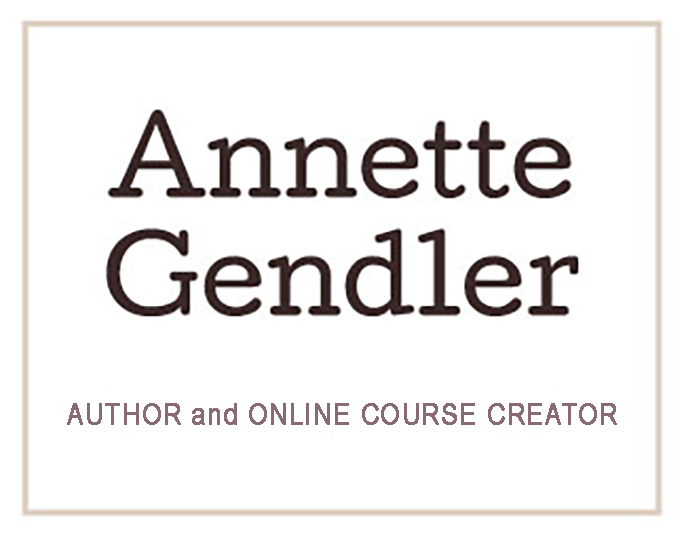In December I interviewed Sarah Wildman about her book Paper Love. This was a particular privilege because Paper Love is my kind of story: figuring out what happened in a family’s past to see how those events and memories influenced the future. You can read the interview here.
Wildman went to amazing lengths to piece together what happened to her grandfather’s first love after finding her letters after her grandfather’s (and her grandmother’s) death. While I have been on a similar quest myself (traveling to Europe to retrace the steps of family members during WWII), it nevertheless fascinates me that writers should go to so much trouble to reconstruct the past. So I was glad that I could ask her why she did this.
You will find most of our conversation in the interview, but I’ll share one question here that I had to cut from the published version due to word count limits:
AG: In the movie Charlotte Gray, the protagonist, a
British spy in Vichy France, states, as one of her Jewish benefactors is carted
away, “there must be something to be set against all this.” She types a letter
and makes it out to be from the already deported parents of two children who
are with him and pushes it through the door slits of the moving freight train.
Do you feel Paper Love is something
to set against all this? A way to pull at least one Jew from the obliteration
the Nazis sought?
Sarah Wildman: Well, not to sound grandiose, but this was in no
small part a major motivation for this book: To push back against the
obliteration. To take one woman and tell her story as fully as I possibly
could. To rescue – without sounding
grand – one person from obscurity, and let her story tell us something about
what so many experienced, without completely universalizing her path, by
allowing her back, for one small moment, the dignity of her own
individuality. I hope I have achieved
that.


Quite an insightful answer.
Indeed!